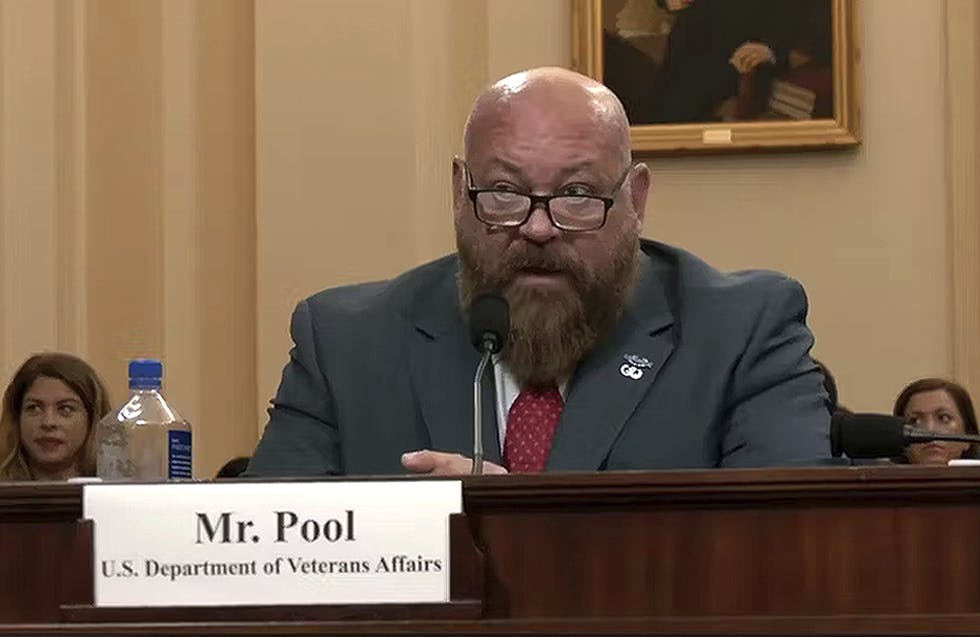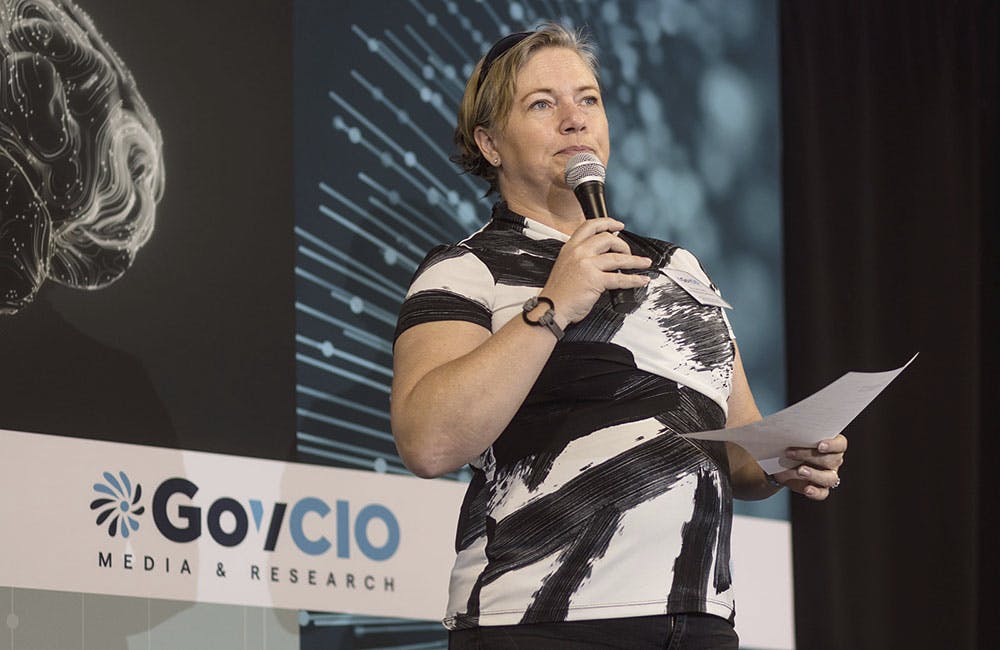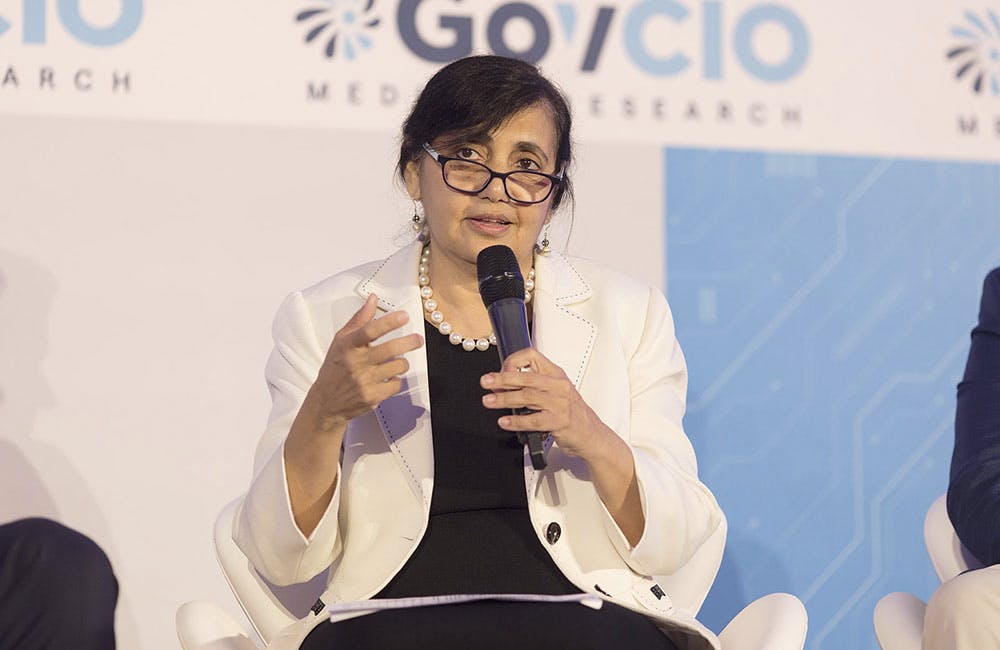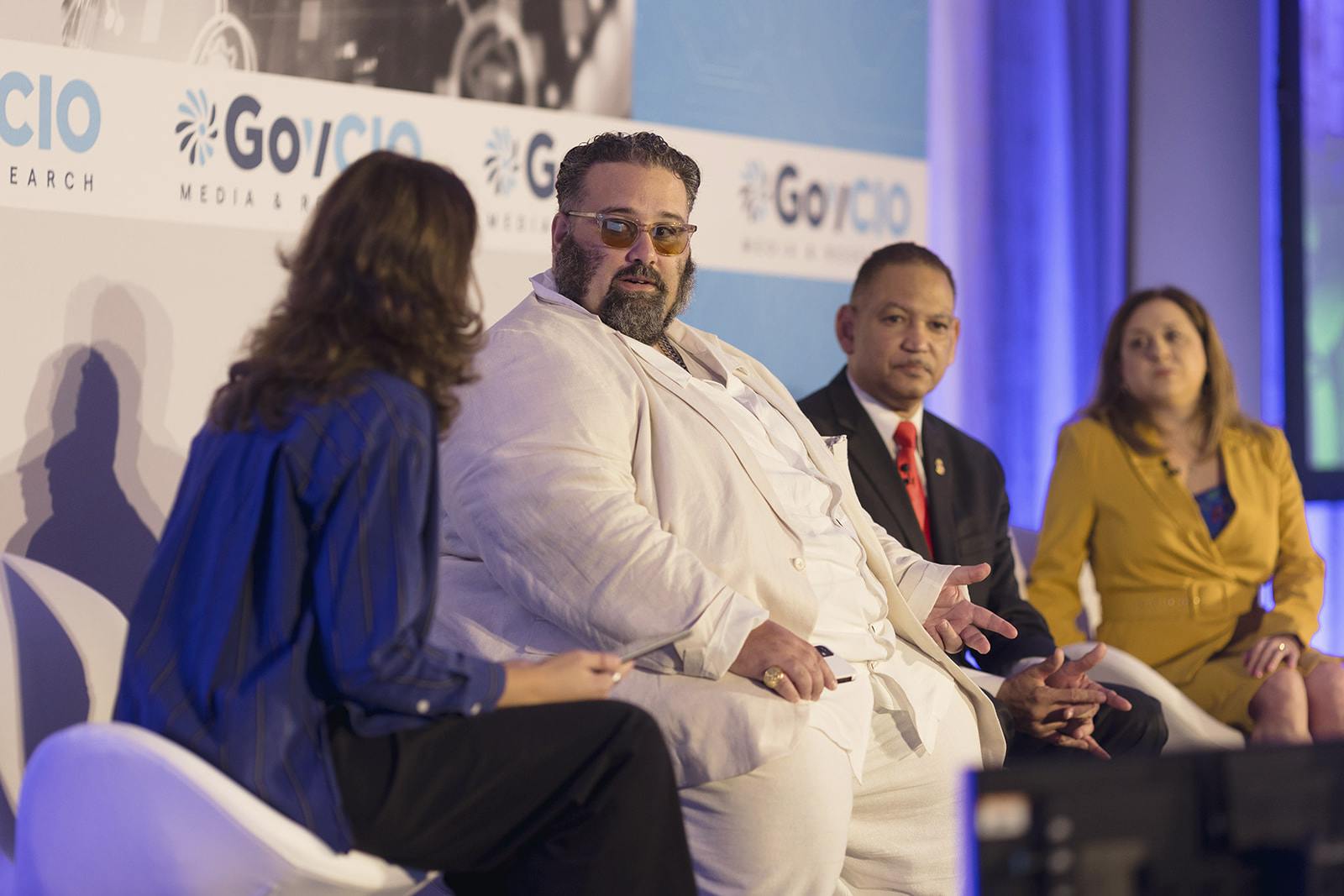Lisa Einstein Named CISA’s First Chief AI Officer
CISA’s Senior Advisor for AI moves to the role as the agency continues to advocate for responsible artificial intelligence adoption.

The Cybersecurity and Infrastructure Security Agency (CISA) appointed Lisa Einstein as its first chief artificial intelligence officer (CAIO). She previously led CISA’s AI efforts as senior advisor for AI and as the executive director of the CISA Cybersecurity Advisory Committee.
“I care deeply about CISA’s mission — if we succeed, the critical systems that Americans rely on every day will become safer, more reliable and more capable. AI tools could accelerate our progress. But we will only reap their benefits and avoid harms from their misapplication or abuse if we all work together to prioritize safety, security and trustworthiness in the development and deployment of AI tools,” Einstein said in a press release Thursday.
“It has been a privilege to work with the dedicated and talented CISA team and with our partners across the United States and around the world over the last two years,” said Einstein. “I am honored to serve in this new role to help CISA tackle this important challenge.”
CISA Director Jen Easterly paralleled Einstein’s appointment with the agency’s commitment to using responsible AI to advance cybersecurity and defend critical infrastructure.
“Beyond her technical expertise, she’s an inspirational leader who has brought together colleagues across the agency around a clear and impactful vision. I could not be more thrilled to have her take on this important new role, which will help us continue to build AI expertise into the fabric of our agency and ensure we are equipped to effectively leverage the power of AI well into the future,” said Easterly.
Einstein was also the first dual master’s degree recipient in computer science and international policy (cyber policy and security specialization) at Stanford University. She led H.R. McMaster’s research team at Stanford on emerging technologies and geopolitics and conducted research on trust and safety engineering, AI-augmented education and algorithmic decision support tools for humanitarian evacuations.
This is a carousel with manually rotating slides. Use Next and Previous buttons to navigate or jump to a slide with the slide dots
-

VA CIO Targets Modern IT and Smarter Workforce Alignment
Agency leaders told lawmakers they are focused on trimming legacy systems and restructuring its workforce to streamline operations.
3m read -

Pentagon's $200M AI Contracts Signal Broader Effort to Transform Talent
The Army is leveraging Silicon Valley, reservist programs and new hiring strategies to integrate critical digital skills in its ranks.
5m read -

AI Foundations Driving Government Efficiency
Federal agencies are modernizing systems, managing risk and building trust to scale responsible AI and drive government efficiency.
43m watch -

Agencies Tackle Infrastructure Challenges to Drive AI Adoption
Federal agencies are rethinking data strategies and IT modernization to drive mission impact and operational efficiency as new presidential directives guide next steps.
5m read Partner Content -

Generative AI Demands Federal Workforce Readiness, Officials Say
NASA and DOI outline new generative AI use cases and stress that successful AI adoption depends on strong change management.
6m read -

The Next AI Wave Requires Stronger Cyber Defenses, Data Management
IT officials warn of new vulnerabilities posed by AI as agencies continue to leverage the tech to boost operational efficiency.
5m read -

Federal CIOs Push for ROI-Focused Modernization to Advance Mission Goals
CIOs focus on return on investment, data governance and application modernization to drive mission outcomes as agencies adopt new tech tools.
4m read -

Fed Efficiency Drive Includes Code-Sharing Law, Metahumans
By reusing existing code instead of rewriting it, agencies could dramatically cut costs under the soon-to-be-enacted SHARE IT Act.
5m read -

Navy Memo Maps Tech Priorities for the Future Fight
Acting CTO’s memo outlines critical investment areas, from AI and quantum to cyber and space, as part of an accelerated modernization push.
5m read -

DOD Can No Longer Assume Superiority in Digital Warfare, Officials Warn
The DOD must make concerted efforts to address cyber vulnerabilities to maintain the tactical edge, military leaders said at HammerCon 2025.
4m read -

New NSF Program Cultivates the Future of NextG Networks
The agency’s new VINES program looks to tackle key challenges like energy efficiency and future-proofing wireless tech.
21m watch -

Tracking CIOs in Trump's Second Term
Stay informed on the latest shifts in federal technology leadership as new CIOs are appointed and President Trump's second term takes shape.
6m read
















